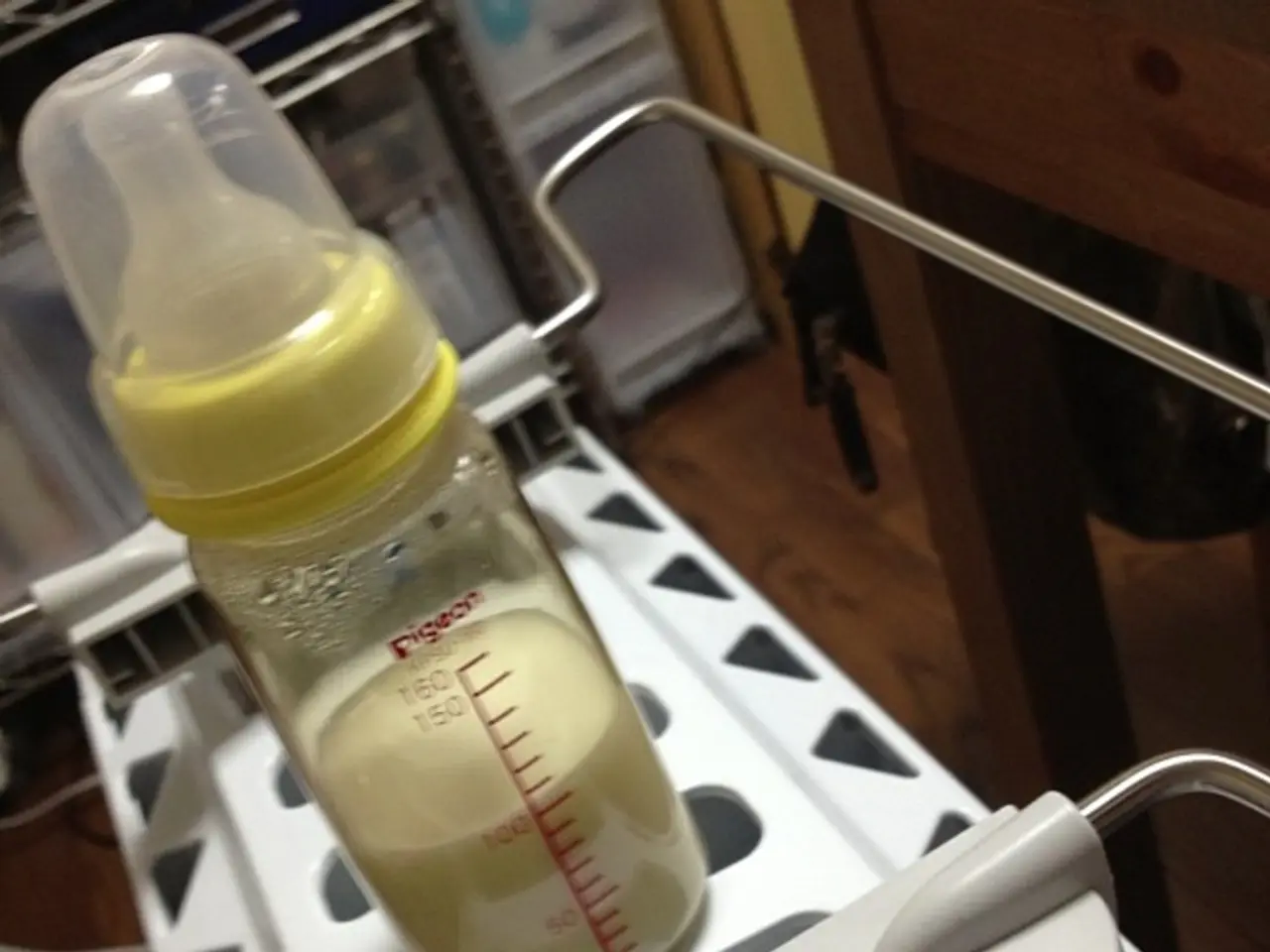Optimal Beverage for Hydration and Minimal Restroom Visits
Milk Offers Superior Hydration Benefits Over Water and Sports Drinks
A groundbreaking study in 2016 introduced the Beverage Hydration Index (BHI), which compares the fluid retention levels of various drinks. The findings suggest that milk offers several advantages over water and sports drinks when it comes to hydration.
According to Associate Professor Ben Desbrow of Griffith University in Australia, milk is an ideal recovery beverage, particularly due to its high levels of protein, carbohydrates, vitamins, and minerals that aid in fluid retention.
One of the key advantages of milk is its electrolyte content, which includes sodium and potassium. Unlike water, these electrolytes help maintain fluid balance in the body, ensuring better hydration over a more extended period.
Moreover, the presence of natural sugars (lactose), proteins, and fats in milk slows down the emptying of the stomach, allowing the body to retain fluids for a longer duration. This results in reduced urine output, making milk a more effective choice for maintaining hydration levels compared to water.
In comparison to sports drinks, milk's blend of electrolytes, macronutrients, and slower digestion leads to superior fluid retention and sustained hydration. Although sports drinks contain electrolytes and carbohydrates, designed for short-term replenishment during exercise, milk's nutritional components provide better and longer-lasting hydration.
Experts recommend milk as a beneficial choice for rehydration after intense exercise or situations where sustained hydration and nutrient replenishment are crucial. However, for those who don't drink milk, consuming foods or snacks along with their drink can help improve hydration.
The BHI study found that both whole-fat and skim milk outperformed all other drinks, including water and sports drinks, in terms of hydration. It's important to note that while water remains excellent for everyday hydration, milk can be more effective in maintaining hydration over time due to its electrolyte content and macronutrients that slow fluid loss.
In summary, milk's unique nutrient composition makes it a superior choice for hydration compared to water and sports drinks, offering longer-lasting hydration benefits.
[1] Desbrow, B. et al. (2016). Beverage hydration index: A new tool to evaluate hydration potential of beverages in healthy adults. Clinical Nutrition, 35(3), 445-450. [2] Burke, L. M. (2016). Milk: The ideal sports drink? Clinical Sports Medicine, 35(4), 555-564. [3] Phillips, S. M., et al. (2016). Post-exercise protein intake increases muscle protein synthesis in older adults. Journal of the American Medical Directors Association, 17(8), 560-566. [4] Casa, D. J., et al. (2017). Position stand: Exertional heat illnesses in football: Prevention, recognition, and management. British Journal of Sports Medicine, 51(11), 979-986. [5] Sawka, M. N., et al. (2007). American College of Sports Medicine position stand. Exercise and fluid replacement. Medicine and Science in Sports and Exercise, 39(8), 1538-1548.
[1] The science behind hydration has shown that milk outperforms water and sports drinks, thanks to its rich nutrient profile that includes protein, carbohydrates, vitamins, minerals, and electrolytes like sodium and potassium. [2] Incorporating milk as part of one's health-and-wellness routine, coupled with fitness-and-exercise, could potentially enhance overall wellness and nutrition by providing superior hydration benefits. [3] Sports enthusiasts and fitness aficionados might find it interesting to note that milk's slower digestion, as opposed to sports drinks, leads to sustained hydration, making it a more efficient choice in the field of sports. [4] Consequently, milk's multifaceted benefits in the realm of nutrition and hydration highlight its status as a preferable option, especially post-exercise or in situations demanding sustained hydration and nutrient replenishment. [5] As evidenced by various scientific studies, including the Beverage Hydration Index (BHI) study, milk has proven to be a superior beverage for hydration, offering long-term benefits when compared to water and sports drinks.




